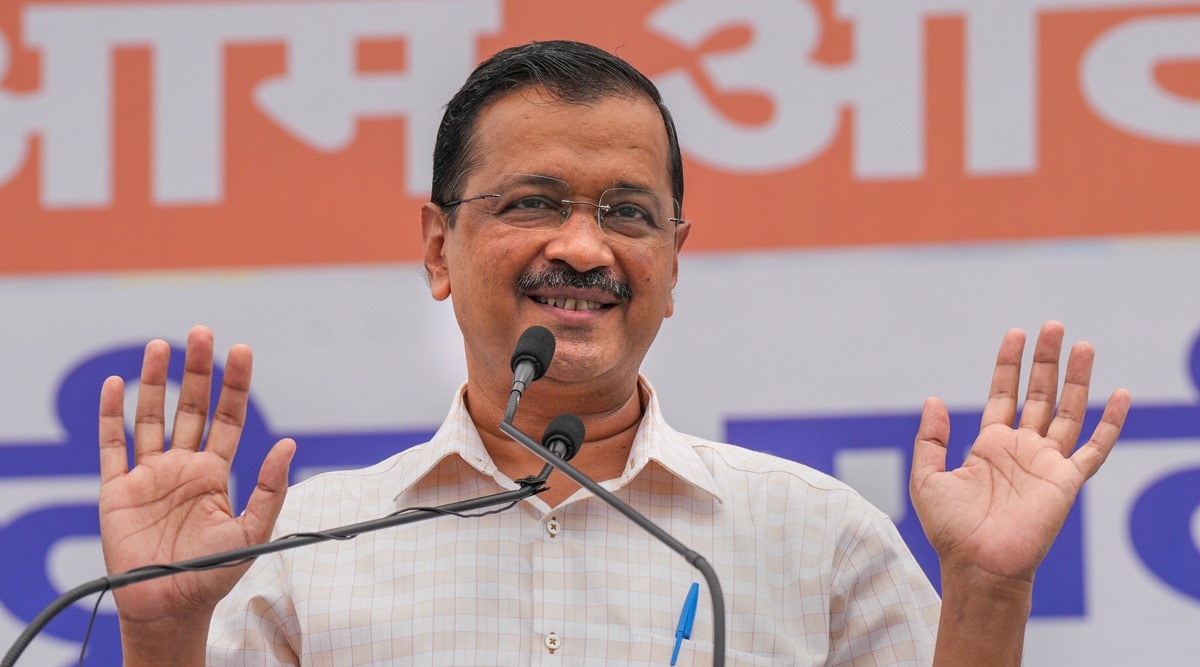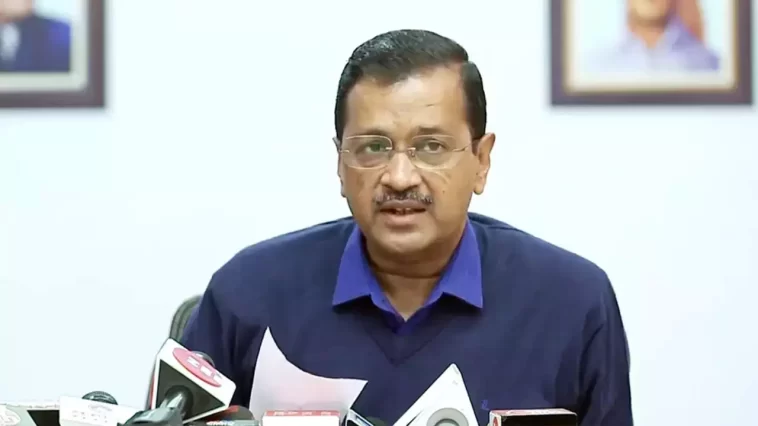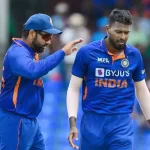Friday, Delhi’s chief minister Arvind Kejriwal asked Congress president Mallikarjun Kharge and ex-MP Rahul Gandhi for more time to oppose the Centre’s ordinance regarding administrative services in the national capital.
Kejriwal tweeted, “Sought time this morning to meet Cong President Sh Kharge ji and Sh Rahul Gandhi ji to seek Cong support in Parliament against the undemocratic and unconstitutional ordinance passed by the BJP government, as well as to discuss the general assault on the federal structure and the current political situation.”

In response to Kejriwal’s remark, Congress leader Alka Lamba stated, “AAP should apologize to the Congress, former Congress leader Sonia Gandhi, former prime minister Dr. Manmohan Singh, late ex-CM Sheila Dixit, and the Gandhi family.” If things proceed, Congress employees will have no objections. We trust the president of the Congress will consider the feelings of party members who were offended by the Aam Aadmi Party.”
This comes one day after the convener of the Aam Aadmi Party conferred with the leader of the Nationalist Congress Party to gain support for the issue. Pawar supported Kejriwal and stated that he would reach out to other states to cultivate consensus among opposition parties, describing the Centre’s ordinance as an attack on parliamentary democracy. Kejriwal had also met Uddhav Thackeray at his residence Matoshree in Mumbai prior to his meeting with Pawar.
The chief minister of Delhi already has West Bengal’s Mamata Banerjee on his side in his fight against the ordinance limiting the administrative powers of the Delhi government. The leader of the Trinamool Congress assured Kejriwal that her party will oppose the legislation when it is introduced to parliament.
ALSO READ :An ordinance lends a late twist to Delhi’s dramatic day.
On May 20, the central government issued an ordinance to regain control over Delhi government officers, sparking a new conflict with the AAP. The ordinance was enacted days after the Supreme Court’s constitution bench ruled that all officers outside of public order, property, and police were under the administrative and legislative control of the Delhi government.




